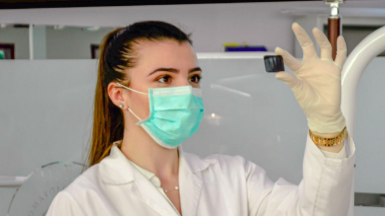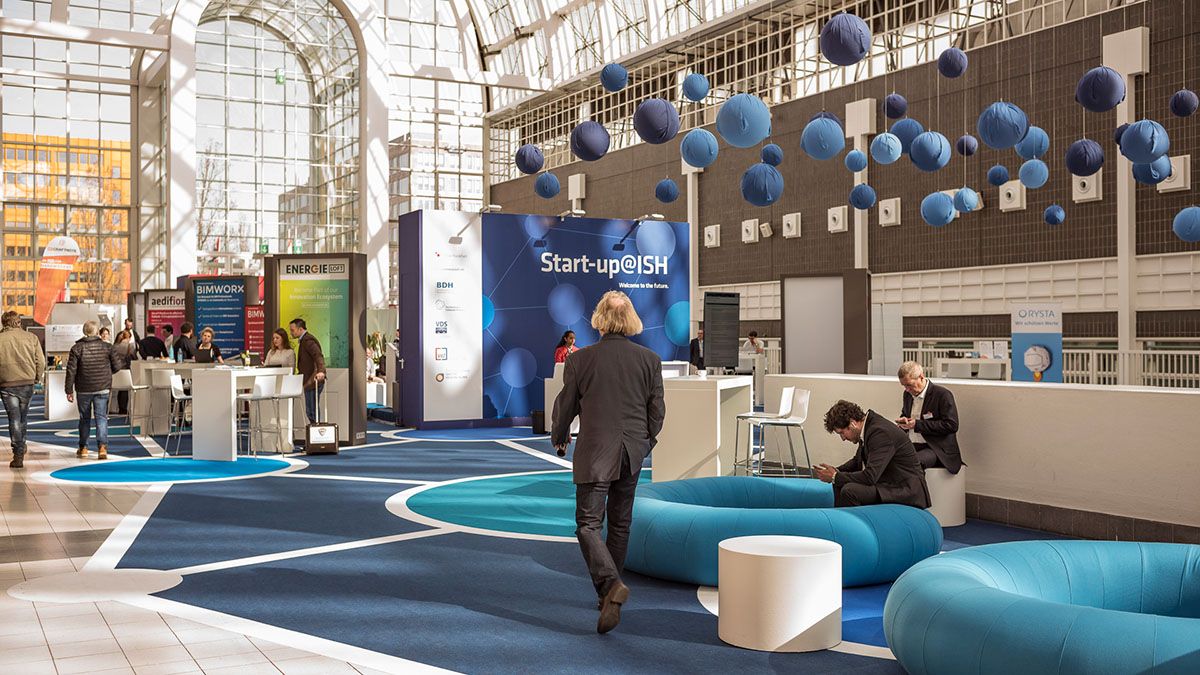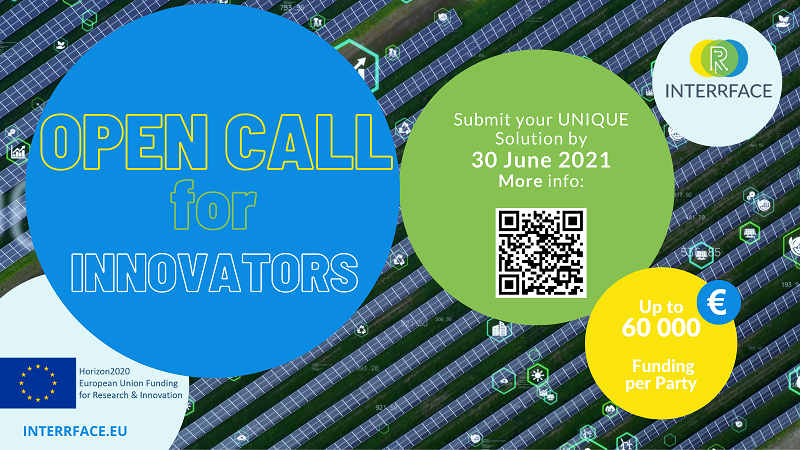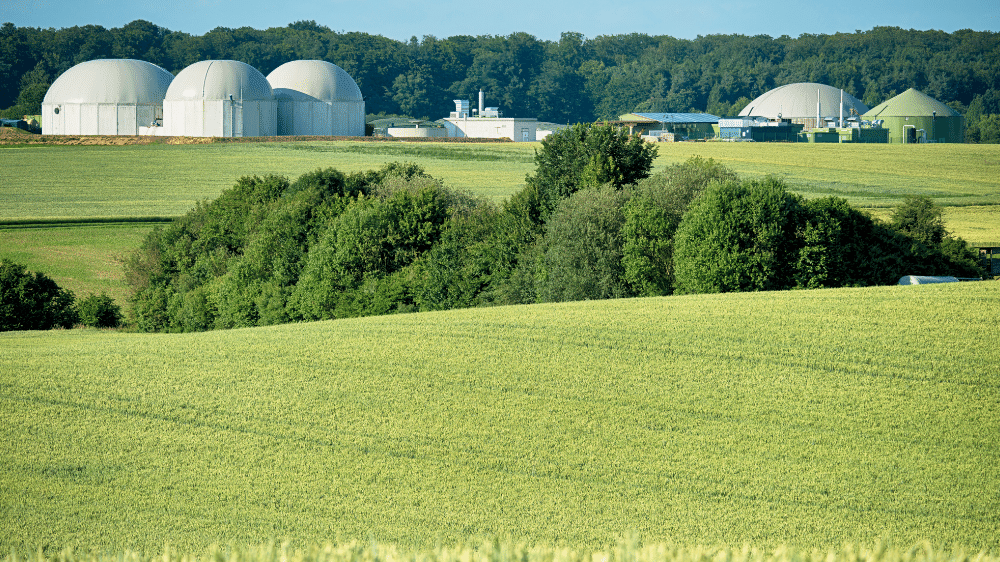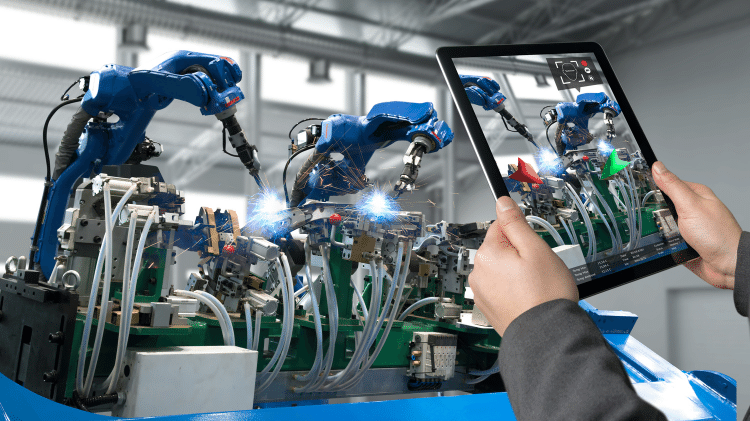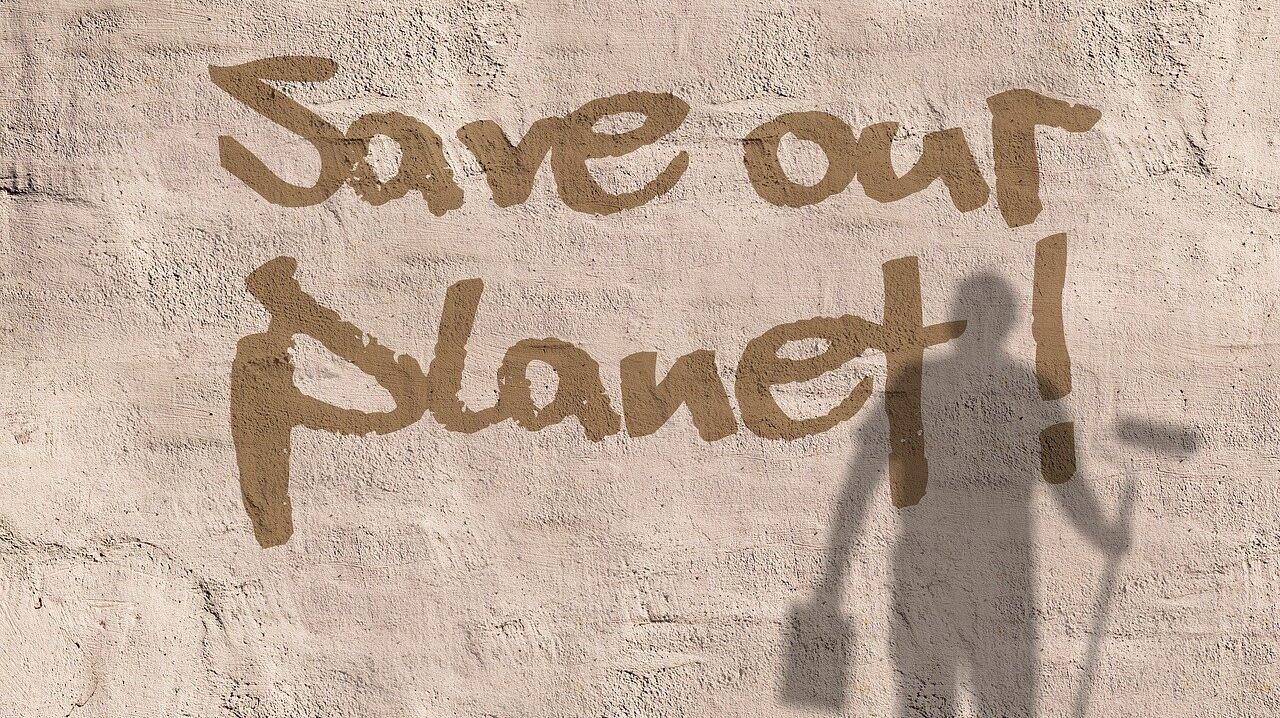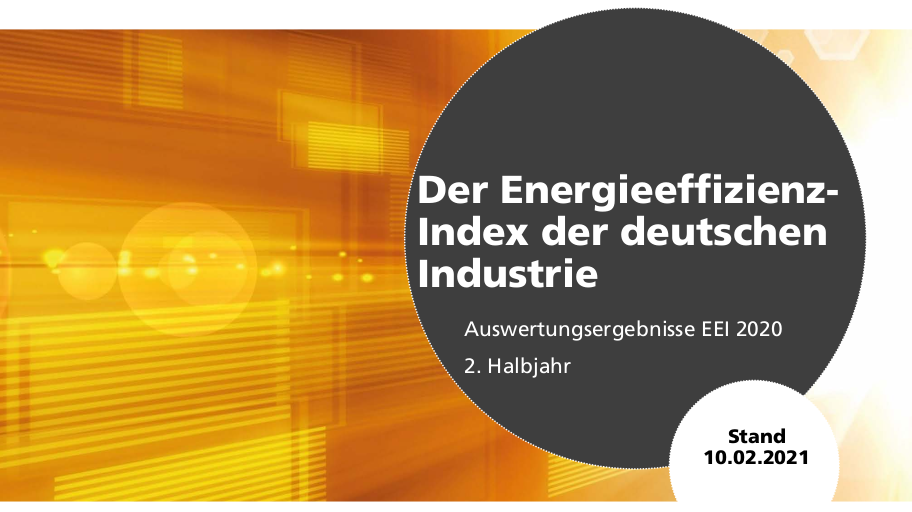 Articles
ArticlesGreen Revolution - Medium-sized companies show the way. Lessons from two spanish companies in the chemical industry
SATECMA, a chemical producer with several production lines, started its journey towards environmentally friendly products 20 years ago. DichaandHecho is an ecobrand focused on the development of novel cleaning products which are both effective and sustainable. The principles of the brand are 4-fold: first, decrease the buy-dispose culture, decrease overconsumption; second, decrease carbon footprint; third, offer alternatives better than plastic packaging; and fourth, protect lands and seas with non-toxic formulas. Both companies reflect on similar challenges during setup of their sustainable companies. One is bureaucracy. Another, Another, resistance to change. And the short-sighted view that the initial investment will not be profitable. The potential benefits are manyfold, with the environmental benefits and the contribution to a much-needed transformation. And last but definitely not least, the financial benefits of the environmental benefit of the added value of their products. And then, last. the company need to start focusing on.
Read Full articlePre-commercial procurement for 100% renewable retrofits
The EU Horizon 2020 project procuRE is offering €7.68 million for RandD services in building technology and renewables. It is financed by the cities of Nuremberg (Germany), Istanbul (Turkey), Velenje (Slovenia),.
Read Full articleFinding new players in an old market: the energy potential of a Swedish case study
The EMB3Rs platform will help a district heating company in Sweden identify the most efficient way of connecting medium-sized non-traditional excess heat providers to a mature network. A big part of this achievement is due to an extensive network of local district heating.
Read Full article35 million time bomb: what’s up with the EU Renovation Wave?
The EU's Renovation Wave aims to renovate 35 million buildings between now and 2030. That means about 3.5 million buildings annually. Adrian Joyce says there is an annual green investment gap of up to €275 billion. But he says.
Read Full articleContribution of startups to the energy transition in the building sector
An energy turnaround in the heating market requires greater efficiency and the greatest possible reduction in the use of fossil fuels. The energy supply of buildings accounts for around 30 percent of Germanys greenhouse gas emissions. About a quarter of companies can be assigned to .
Read Full article6 Use Cases: Open Call for Innovative Grid Services
INTERRFACE publishes an Open Call for innovators with €60,000 awarded to each successful applicant. The call opens on 30 March 2021 and accepts applications until 30 June 2021. InterRFACE is a sister project of OneNet - One Integrated Power.
Read Full articleSustainable bioenergy and its crucial role in driving the green transition in industries
The EU Industry Days are Europes flagship annual events dedicated to the industry. They are the main platforms to discuss industry challenges and co-develop opportunities. The webinar brought together almost 200 participants from different sectors and organisations to learn about innovative approaches to ensure.
Read Full articleIndustrial processes going digital
Digital solutions make every industrial step efficient even in situations where they could hardly be completed. The European Commission is not responsible for any use that may be made of the information it contains. This project has received funding from the European Unions Horizon 2020 research .
Read Full articleHow do we get the renovation wave rolling in Germany?
The European Union announced a major renovation wave last fall. It wants to double the rate of renovation in existing buildings over the next ten years. Efficient new buildings are important, but they contribute little to achieving climate protection targets. If no additional measures.
Read Full article17.02: Live briefing/PK on the results of the winter survey of the "Energy Efficiency Index of German Industry".
The 2020 winter survey of the Energy Efficiency Index (EEI) shows a renewed increase in the importance of energy efficiency within German industry. The Institute for Energy Efficiency in Production has been surveying current and planned energy efficiency activities in German industry every six months since.
Read Full article